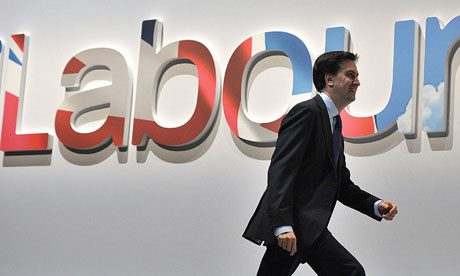WOW stands for War on Welfare. Because frankly, that's how it does feel. Like this soulless government has declared war on those of us forced to claim welfare benefits.
Let's say you're on Disability Living Allowance, and when that gets changed over to Personal Indepencence Payment you lose out. Well OK, that's just one thing (apart from the blue badge, and Motability car, and disabled railcard, and so on that it passported it you to). Maybe you can manage without the DLA. Maybe.
But you're also on contributory Employment and Support Allowance, and you've been on it nearly a year. So that's about to stop.
And that's before we get anywhere near the changes to Council Tax Benefit, and to Housing Benefit (the Bedroom Tax).
Tens of thousands of sick disabled people are about to go under financially. And this government just doesn't give a damn. Oh, they always have a soundbite:
There's a lot of misleading stories about the impact of our welfare reforms on disabled people, which could lead to unnecessary scaremongering. Our reforms will make sure the billions we spend every year give more targeted support and better reflect today's understanding of disability. Hundreds of thousands of disabled adults and children will actually receive more support than now with the combined effect of benefit changes under universal credit.Targeted. Some people receiving more support than now. Well, as someone pointed out to me today (thanks Eggy!) all the NHS funds don't get allocated to intensive care: support is required at all levels of need.
So, returning to the WOW petition, what it asks for (among some other things) is a cumulative impact assessment, not looking at the effect of each benefit "reform" (*spit*) separately, but how people will be affected in real life. Real people are complicated. Lots of us claim more than one benefit (partly because the system's so complex!)
When a government e-petition gets 10,000 signatures, the department responsible for it gives a reply. It's taken a while for the WOW petition's reply to turn up: I only just noticed it, and the petition has over 27,500 signatures.
To summarise the reply, it seems to be:
- We're not avoiding you.
- This is hard.
- The policies haven't all been decided yet.
- There are impact assessments for individual benefits or for all tax, benefit and expenditure changes across households, but nobody's ever done what you're asking for, which is in between.
- Did we mention this is hard?
If you haven't already signed the WOW petition, would you take a look and consider signing it? The more signatures on the petition, the more pressure sympathetic MPs like Michael Meacher can put on the DWP on our behalf.
Thanks!
Edit: I'm all for avoiding unnecessary government expenditure, so I'm sure it would be fine for the DWP to use this cumulative impact assessment, which Scope and Demos have just done. It calculates that those disabled people most severely affected by the cuts will lose £4,600 each year from what are already low incomes. As Richard Hawkes the chief executive of Scope says:
At the moment there’s no place for disabled people in the Chancellor’s aspiration nation.Sadly, that seems to be very true.













